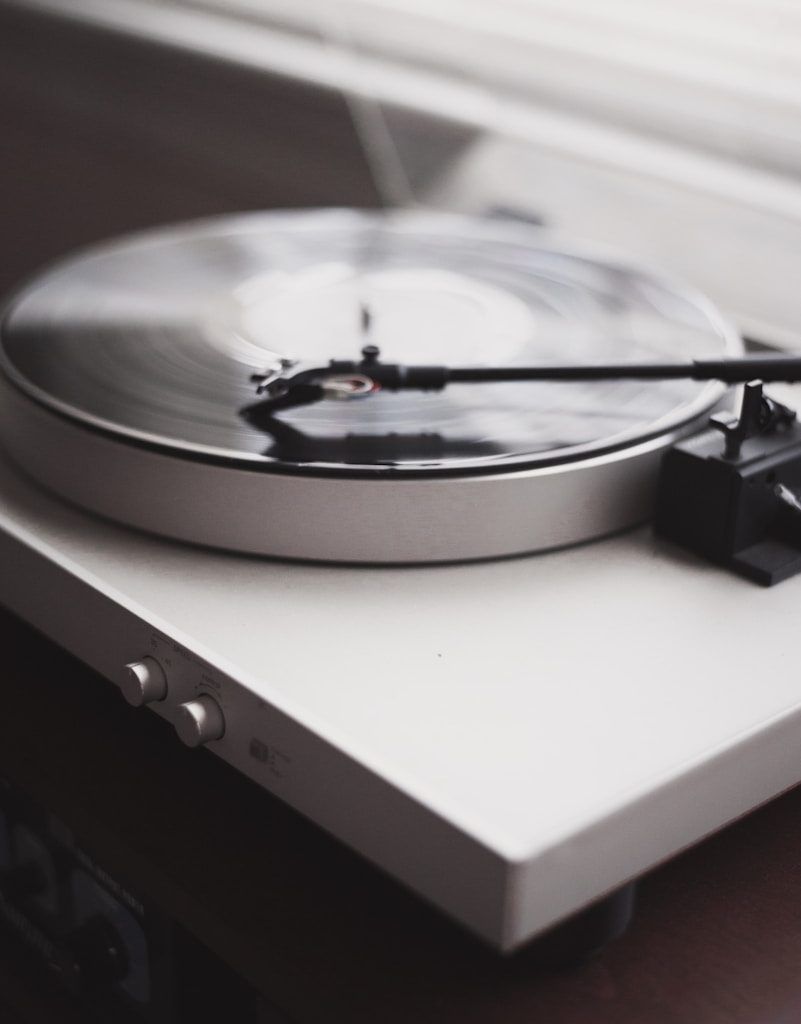Have you ever wondered where music began or how it became such a big part of our lives? Music has always been around, like a best friend who understands your feelings. From ancient times to today, it has changed, grown, and brought people together. In this blog, we’ll take a simple and fun journey through music history reviews, exploring the past, the magic of melodies, and how music connects us all.
Let’s start this exciting journey!
Music in the Beginning: Ancient Times
Music didn’t always sound like what we hear on the radio today. Long ago, people didn’t have fancy instruments. They made music by clapping their hands, tapping stones, or blowing into hollow sticks. Music was their way of expressing happiness, sadness, or even calling for rain!
- What was it like?
- Prehistoric Tunes: Thousands of years ago, people used bone flutes and drums made of animal skin.
- Egyptian Music: Egyptians played harps and flutes, creating soothing sounds for ceremonies and storytelling.
Fun Fact: The oldest known musical instrument is a flute made from a bird’s bone, believed to be over 40,000 years old!
Music in ancient times was simple but deeply meaningful. It was a way for people to feel closer to each other and the world around them.
The Greeks and Romans: Music Becomes an Art
As time went on, music became more structured. In ancient Greece, music wasn’t just entertainment; it was part of education and philosophy. The Greeks believed music could heal the soul and make people smarter.
- What made it special?
- Greek Modes: Early music scales were created, which we still use today in a modern form.
- In Theaters: Music added drama to plays, helping audiences feel emotions like fear, joy, or sadness.
The Romans learned from the Greeks and took music into big arenas. They used music to make events more exciting, like gladiator fights and grand celebrations.
Fun Fact: The word “music” comes from the Greek word “mousike,” which means the art of the Muses, who were the goddesses of inspiration.
Medieval Times: Music for the Church and the People
During the Middle Ages, music started to change. It was everywhere—in churches, villages, and castles. While some music was serious and spiritual, other types were lively and fun!
- Religious Chants:
- Gregorian chants were simple, peaceful melodies sung by monks in Latin. They were like prayers in the form of music.
- Street Performers:
- Troubadours and minstrels roamed the streets, singing songs about love, bravery, and everyday life.
Fun Fact: The first written music was created during this time, so people didn’t have to memorize everything anymore.
This period showed how music could be both holy and joyful, bringing people together in different ways.
The Renaissance: A Musical Rebirth
The Renaissance was like a big party for arts and culture, and music was invited too! People began experimenting with melodies, creating music that sounded fuller and richer.
- What’s New?
- Harmonies: Musicians started blending different sounds, creating layers of music.
- Printed Music: For the first time, people could buy music books and play songs at home.
Famous composers like Palestrina and Josquin des Prez created beautiful pieces that are still admired today.
Fun Fact: Music became part of celebrations like weddings and festivals, making them extra special!
Baroque Music: Drama and Detail
If you love dramatic music, you would’ve loved the Baroque period. This was when musicians added lots of details to their work, like extra notes and flourishes.
- Famous Names:
- Johann Sebastian Bach, Antonio Vivaldi, and George Handel are stars of this time.
- Instruments Shine:
- The violin and harpsichord became super popular, and orchestras started to grow.
Fun Fact: Vivaldi wrote a piece called The Four Seasons that describes spring, summer, autumn, and winter using music!
This was the time when music became a grand experience, full of emotion and excitement.
Classical Music: Order and Balance
The Classical period was all about making music clear and balanced. Composers like Mozart and Haydn wrote pieces that were beautiful and easy to understand.
- Why It’s Important:
- Symphonies and operas became common, giving people a chance to enjoy music in big concert halls.
- Music told stories without words, just through the instruments.
Mozart was like a child prodigy who started composing music at the age of five! His music is still loved for its charm and elegance.
Fun Fact: Beethoven, one of the greatest composers, started going deaf in his later years but still created masterpieces like his Ninth Symphony.
Romantic Era: Music from the Heart
This period was all about feelings. Composers like Tchaikovsky and Chopin used music to express love, sadness, and even anger.
- What Changed?
- Bigger orchestras and bolder sounds.
- Music became a way to share personal stories.
Fun Fact: Tchaikovsky’s Nutcracker Suite is still a favorite during Christmas celebrations!
The Romantic era showed that music isn’t just notes; it’s about connecting with people’s emotions.
Modern Music: Breaking All the Rules
The 20th century changed everything. New styles like jazz, rock, and pop emerged, and musicians started experimenting with sounds.
- Jazz and Blues:
- Born in the African American communities, these styles introduced improvisation and soul.
- Rock ‘n’ Roll:
- Artists like Elvis Presley and The Beatles turned music into a global phenomenon.
- Electronic Music:
- With synthesizers and computers, music took on futuristic sounds.
Fun Fact: The first electronic song was created in 1957 using a computer!
Modern music shows how creativity has no limits.
Why Music Matters: More Than Entertainment
Music isn’t just about entertainment—it has the power to bring people together, tell stories, and even change the world.
- Music for Change:
- Songs like Bob Dylan’s protest anthems inspired movements for equality and freedom.
- Cultural Bridges:
- K-pop, reggae, and other global genres have connected people from different countries.
Fun Fact: Studies show that listening to music can make you happier and even improve your memory!
Conclusion: A Journey Worth Celebrating
Exploring music history reviews is like opening a treasure chest filled with stories, emotions, and connections. From ancient chants to today’s global hits, music has always been a part of us, reflecting who we are and how we feel.
Let’s celebrate music’s incredible journey and keep its magic alive in our lives. Whether it’s a classical symphony or a pop song on your playlist, music is a gift that keeps on giving.
Related Articles:
For further reading, explore these related articles:
- Discover the Best Music Innovation and How It’s Changing the World
- The Ultimate Guide to Upcoming Music Artists Tutorials
For additional resources on music marketing and distribution, visit DMT RECORDS PRIVATE LIMITED.






